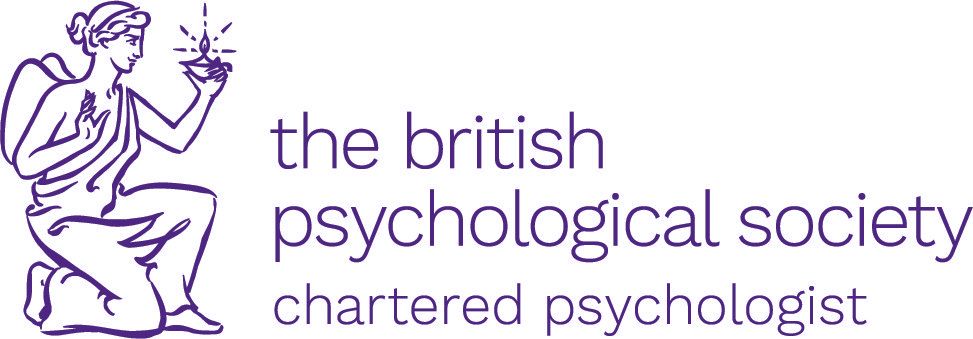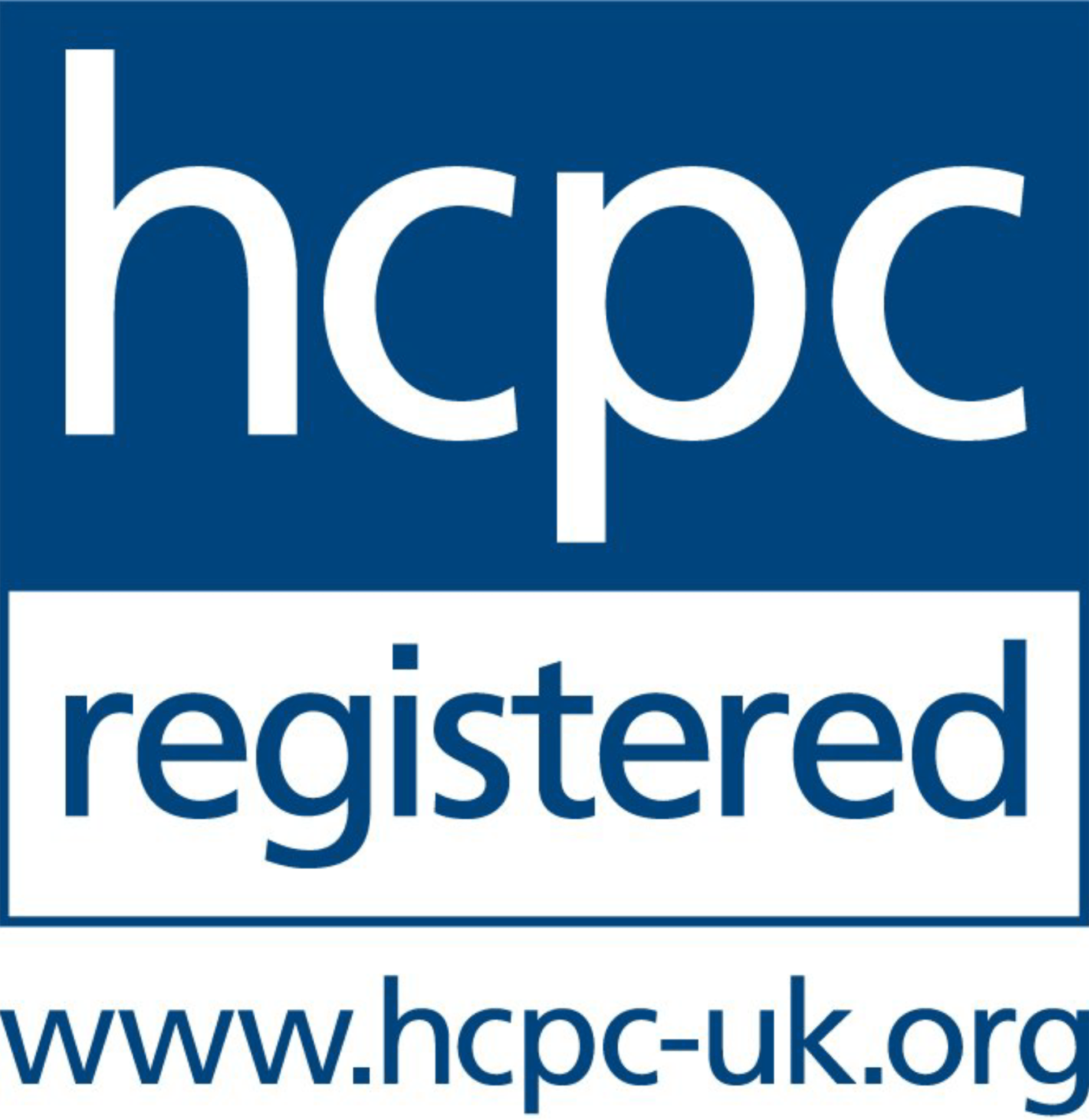Health psychology
what is h ealth psychology?
The goal of health psychology is to study the psychological processes underlying health, illness and health care, and to apply these findings to the promotion and maintenance of health across lifespans and health conditions from The Division of Health Psychology.
Health Psychologists use their knowledge of psychology and health to promote behaviour change and improve general well-being. They work with patients, health care professionals, carers/families, directly with individuals or with organisations.
why cho ose a h ealth psychologist?
Health Psychologists are specially trained to help people identify any barriers to making lifestyle changes and support people to overcome barriers to help improve their health and wellbeing. Health Psychologists offer psychological therapy in which they are trained and work in collaboration with the client to form solutions to health-related issues, using the most appropriate psychological strategies in a safe and friendly environment.
what is h ealth CoaChing?
Sometimes people don’t need to have psychological therapy if their health issues or lifestyle habits do not stem from specific traumatic life events, distress for example. In some instances, people may benefit from health coaching sessions to help empower and motivate them to achieve their goals related to health and wellbeing.
Health Coaching is a practice of health education within a coaching framework and is underpinned by scientific research, psychological principles and behaviour change techniques.
Health Coaching can help people gain and use the knowledge, skills, and confidence to become active participants in their health so that they can reach their self-identified health and wellbeing goals.
All health coaching sessions are tailored to the person’s needs to enable long-lasting health behaviour to change in a safe and friendly environment.
follow up th erapy sessions
The Health Psychologist will discuss and formulate a treatment plan with you.
Completing tasks outside of the session will be a key part of the treatment process (e.g., using diaries to record your information related to the issue you are trying to address or change).
You will learn practical skills and strategies to help you manage and cope more effectively with the difficulties you are currently facing.
How many sessions will I need is a common question that clients usually ask before starting therapy. This is tricky to answer as the same problem will impact on everyone differently. In some cases, people may just want to have a single assessment session to better understand their issues in order to move forwards and makes changes. However, in most cases, 5 to 8 sessions maybe sufficient, followed by some maintenance sessions to help stay on focused on the set goals or to revise goals.
maintenance sessions
Building and sustaining motivation to maintain the changes you make to your lifestyle, routines and health is the key to long-long lasting change.
Motivation can fluctuate from time to time due to reasons beyond your control. That’s why one-off maintenance sessions after you have completed your sessions with the Health Psychologist (or 6/12 months after) can really help to restart and/or reboot your goals and help you stay on track and feel good too.
affiliates


blogs
ready to make positive lifestyle changes?
I can help you to move forwards and live a happier and more fulfilling life. Let’s discuss your needs and arrange an initial consultation today.


